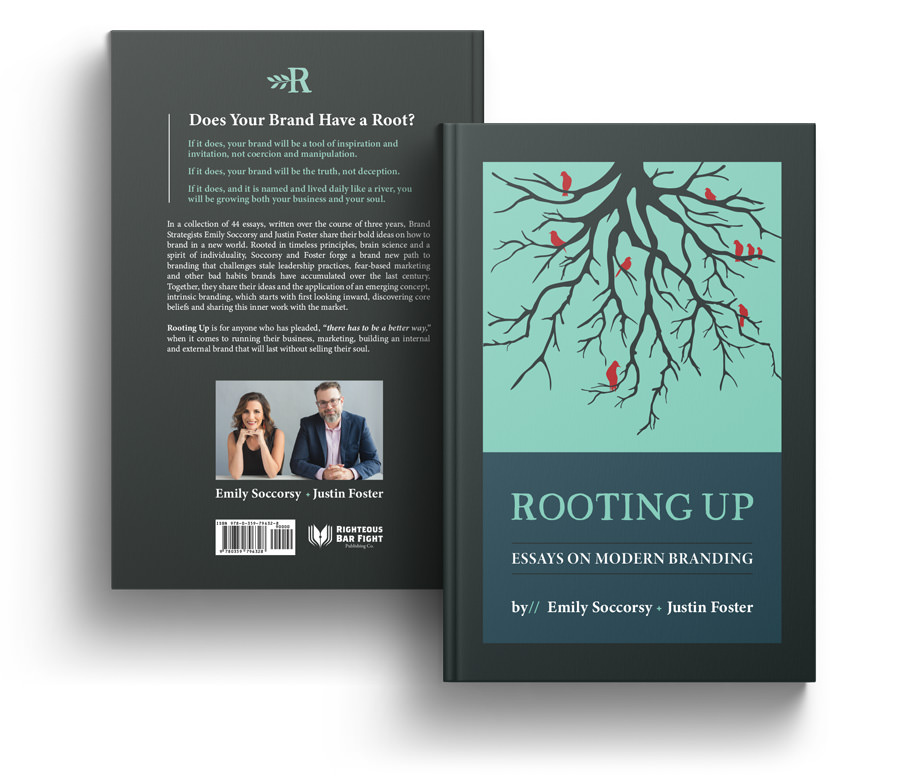Filed Under: 21st Century Branding
By Jennifer Lawhead – Chief of Content
Many organizations, especially in the last several years, have jumped on the content marketing bandwagon. Using content as a way to engage, educate and ultimately convert customers or clients is a worthy investment, they’ve concluded.
It’s a smart conclusion; high-quality content can do that and so much more. In fact, more than 80 percent of B2B companies have embraced some sort of content marketing approach, according to Curata.com. Organizations that don’t embrace the power of content will simply be left behind.
With so many embracing content marketing, it’s no longer simply enough to produce content. The ante has been upped, and quality will become paramount.
What will be the ultimate mark of excellent content? No, it won’t be a certain word count, a certain format, or a magical visual-to-copy ratio.
The mark of high-value content will be the ability to be empathetic.
Empathy isn’t a box you’ll find on a quality content checklist, but I promise you it’s the most important. Without it, your content, at best, will only mildly perform.
Here are three ways you know you’re producing content that is empathetic to the individuals you are trying to speak to:
- You’ve spent more time thinking about your audience’s feelings, thinking and pain than producing. I can’t reinforce enough how big of a mistake this is. Most content creators spend an embarrassingly little amount of time thinking about who they’re talking too. Guess what? The end product always shows. By missing this crucial aspect, you miss the point on content entirely – fully relating to your audience.
- You look beyond stereotypes and behavior clichés. It’s very important to learn about your audience without making broad generalizations. Instead of learning about their typical age, average income level, etc., go deeper. What worries keep them up at night? What ignites a passion inside of them? When do they feel the most vulnerable? Address these answers in your content and you can be successful at reaching them at a heart level.
- The humans producing your content are empathetic by nature. They have high levels of emotional intelligence (EQ). They have the ability to understand all different types of people, not just their own point of view. Lastly, they create from a place of compassion and zero judgment.
If you find your content isn’t performing well, you may have an empathy problem.
When we work with leaders, we teach them to understand themselves first before they can empathize with others. We help them identify their core beliefs, always without passing judgment. The words they use and the behavior they exhibit are all clues into who they are on the inside. Then, we empower them to produce content from a place of understanding and acceptance – both of themselves and their followers.
While this isn’t as easy to correct as a word count problem, expressing empathy is the best investment of time. Because, a company that can show empathy in its content – often one of the first impressions someone has of a brand – can extend that sentiment throughout their business and go much deeper than selling. They can fully serve.
Emily Soccorsy + Justin Foster are cofounders of the intrinsic branding practice known as Root + River. Together with their defiantly different clients, they uncover then articulate the foundational elements of the brand. Then, they provide brand strategy and brand coaching as the brand is rolled out internally and externally. Obsessive about language and differentiation, Emily + Justin are also authors and speakers. Follow @rootandriver @fosterthinking and @emilyatlarge.
